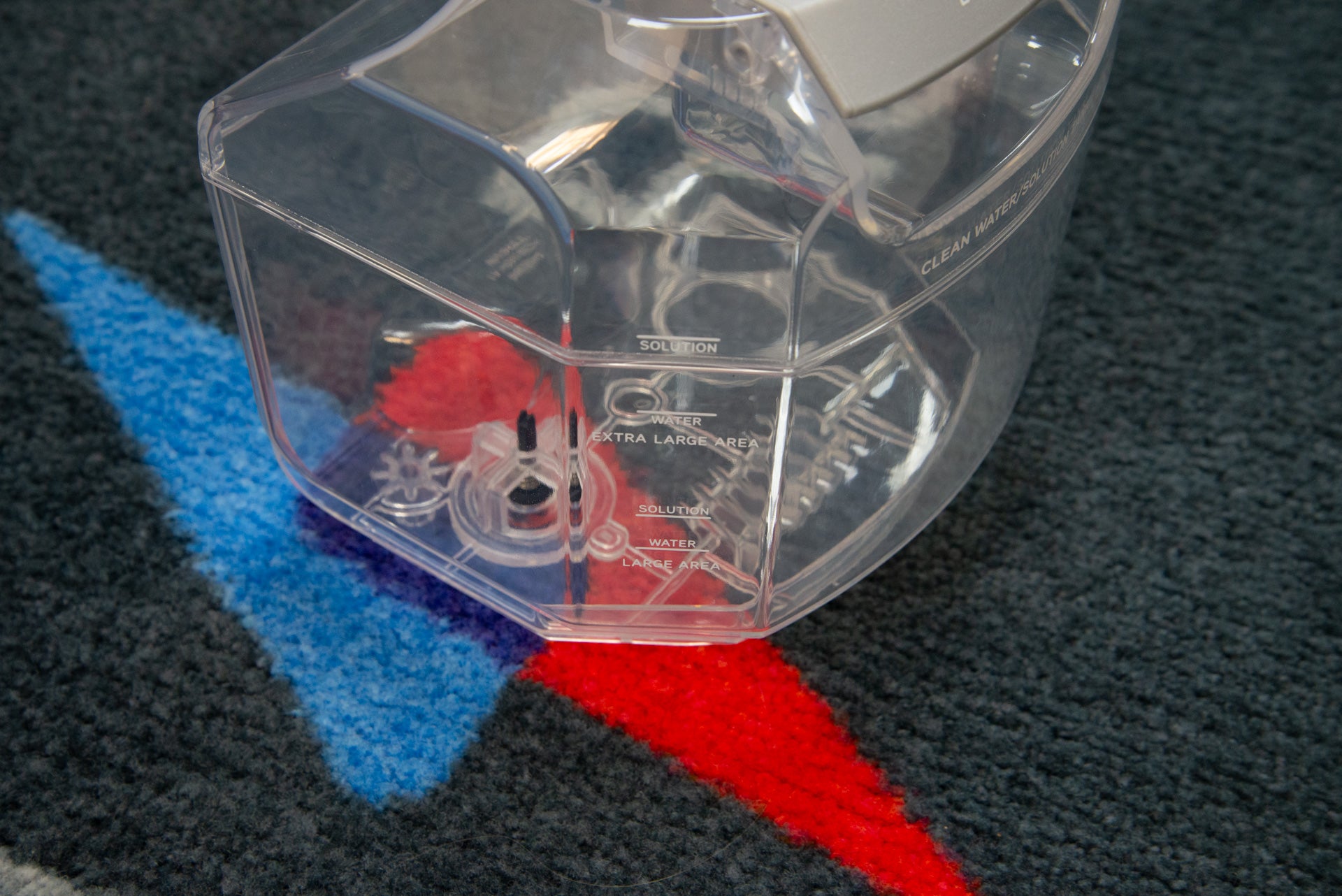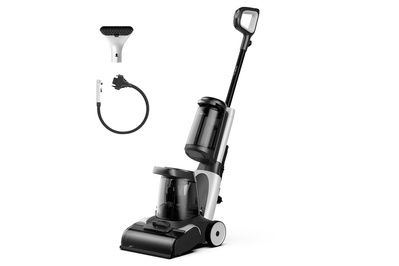When former truck driver James “Lenny” Seymour ditched the highways for the slow lane, he didn’t anticipate having to live in a house that was overrun with rodents and covered in mould.
Key points:
- James “Lenny” Seymour says he lived in a home filled with rats, mice, and mould
- The landlord says Lenny is at fault and is refusing to return his bond
- Advocacy groups fear low vacancy rates mean people are not speaking up about problems in their rental properties
Born and bred in Moondarra, in Victoria’s east, the 76-year-old pensioner made the decision to retire close by.
But with regional rental prices going up, and vacancy rates going down, Mr Seymour was finding it difficult to secure a property.
He was eventually offered a lease for a home in Moe, about 20 kilometres from where he grew up.
“It was the only place I could get at the time,” Mr Seymour said.
“It looked like a bomb that never went off in World War II.”
Alongside a broken oven and a leaking gas meter, Mr Seymour said he was forced to live among an infestation of rodents and black mould.
“I had more rats and mice in the house than trucks on the highway,” he said.
“The house was full of moisture and mould when I moved in. [The landlord] painted over the mould in the back bedrooms,” he said.
The house was originally managed by Stockdale & Lego before The Property Group took over in March 2022.
Mr Seymour said he made several complaints to both agencies, but these maintenance requests often fell on deaf ears.
“Getting anything done was totally impossible,” he said.
“The mould I was cleaning by myself and I [paid for] a handyman to come and do it once.”
With little support and a subsequent rent hike, Mr Seymour made the decision to vacate in January 2023.
But, nine months later, the 76-year-old pensioner is yet to receive his $970 bond back.
The Property Group demanded a portion of his bond to compensate for the state of the house when he left.
Mr Seymour refused, arguing the property was a “dump” from the day he moved in.
The agent subsequently launched an application against the former tenant through the Victorian Civil Administrative Tribunal (VCAT).
In the meantime, the money sits in limbo.
Property agent did ‘everything it could’ to resolve dispute outside of VCAT
The Property Group took over management of the house in March 2022.
Branch manager Lisa Eakins admitted the company inherited several issues from the previous agency, but said her company did everything it could to rectify any defects.
“During the 11 months that we managed the property until [Mr Seymour] vacated, we had many [maintenance] requests completed for the renter,” Ms Eakins said.
According to Ms Eakins, this included having the windows repaired, fly screens fitted, and a new split system installed.
When Mr Seymour made the decision to vacate the property, Ms Eakins said he refused to do any carpet cleaning or gardening.
The Property Group said it would seek $225 for internal cleaning, $180 for carpet cleaning, and $150 for a gardener at the upcoming hearing.
“We try to work with our renters to resolve issues. We don’t choose to go to VCAT as the wait is very long,” Ms Eakins said.
“Renters are provided a home to live in that needs to be respected and returned in the same condition — allowing for fair wear and tear.
“The renter moved his items out of the home and did no cleaning, no carpet cleaning, and no gardening.”
Mr Seymour refuted these claims.
After engaging a carpet cleaner, Mr Seymour said he was advised not to complete any cleaning work.
In a tax invoice provided to the ABC, RGP Carpet Cleaning Newborough said it could not undertake an end-of-lease carpet clean due to “extremely high levels of moisture” throughout the home.
“[There are] high-risk levels of mould in the bathroom walls, the roof lining and walls in the bedrooms,” it added.
What rights do landlords have over your bond?
Bond money is returned to renters when they move out at the conclusion of a tenancy agreement unless the landlord makes a claim.
If the tenant refutes this claim, the matter can be referred to VCAT.
Ben Cording is the lead community education lawyer at Tenants Victoria and said it was important to remember bonds were lodged with the Residential Tenancies Bond Authority (RTBA).
“Neither the landlord nor the real estate agent can touch that money unless either VCAT or the renters give them the OK,” Mr Cording said.
“I think there’s quite the culture of misleading people, with landlords saying, ‘I’m going to take this out of the bond.’ They can’t.”
When a tenancy agreement ends, the renter also has the right to go directly to the RTBA and request for the bond to be returned.
From this moment, the landlord or real estate agent has 14 days to lodge an application to VCAT if they want access to these funds to compensate for damage to the property.
What to do if your rental property has mould or rodents
Tenants Victoria notes properties for rent must be free from damp and mould and meet minimum standards of ventilation.
On top of this, landlords are legally required to alert tenants if a property has had a history of mould or damp.
“Mould is extremely common … probably much more common than people think,” Mr Cording said.
“Since 2021, there’s been recognition that mould is a major health issue and housing is an essential service.
“The law is finally treating it that way.”
Under current regulations, mould or damp caused by the building structure must be urgently repaired by the landlord.
But with tenancy rates as low as they are, Tenants Victoria fears many renters are too desperate for a home to speak up.
When it comes to rodents, Mr Cording said this was harder to prove.
He said in a situation where the house had not been cleaned or the grass had not been mowed, the rental provider might allege the tenant was at fault for an infestation.
In either case, the onus falls on the property management to prove this allegation if they attempt to claim compensation.
“Generally, the good landlords are the ones who acknowledge [the problem] and acknowledge that they need to take reasonable steps to ensure your quiet enjoyment … and they go and organise pest control,” Mr Cording said.
“What we really ideally want to see is people working together.
“There are two options, you can reach a compromise, and both make contributions, or you can go and have a chance at VCAT.”
Mr Seymour is due to appear in VCAT in the coming months.
Get our local newsletter, delivered free each Tuesday











